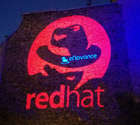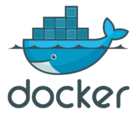Ubiquiti brings software that are easy to install on Windows and Mac OS. However as it is strongly recommended to let this software always up, it’s preferable to have a Linux version to run it in a container or a virtual machine. That’s why I decided to install it for a powerstrip mPower on Debian inside LXC.
The documentation is very poor, that’s why I made this one for those who want to do like me.




